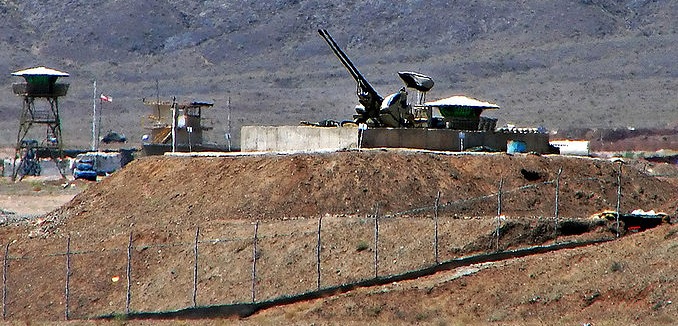Analysts from the U.S.-based Institute for Science and International Security (ISIS) are pushing back against statements made last week by Ali Akbar Salehi, head of the Atomic Energy Organization of Iran, to the effect that Iran has reduced its stock of 20 percent-enriched uranium from 240 kilograms to 140 kg by converting it into fuel.
Journalistic accounts of Salehi’s statements flatly described Iran as making “deep cuts” and as having “significantly reduced” its stock:
The West remains concerned over Iran’s continuing production of 20 percent uranium, which is enriched to a higher level than that used to fuel most energy reactors and is closer to the 90 percent needed for a warhead. The U.S. and its allies demand Iran halt all enrichment, which Tehran rejects. …
Salehi’s remarks came ahead of a new round of talks planned for later this month between Iran and the U.N. nuclear agency. Talks over the past years failed to reach any breakthrough.
ISIS analysts David Albright and Christina Walrond published a report [PDF] last Friday noting that the U.N.’s nuclear watchdog had as recently as August 2013 estimated that only around 30 kg of Iran’s near 20 percent-enriched uranium has been converted into fuel assemblies.
They also noted that the reactor which would use and irradiate the fuel rods, making it difficult for Iranian scientists to reconvert the material to uranium hexafluoride suitable for further enrichment, is simply not big enough to irradiate the amount of fuel that Salehi implied had been rendered useless.
[Photo: Hovev / Wiki Commons]




